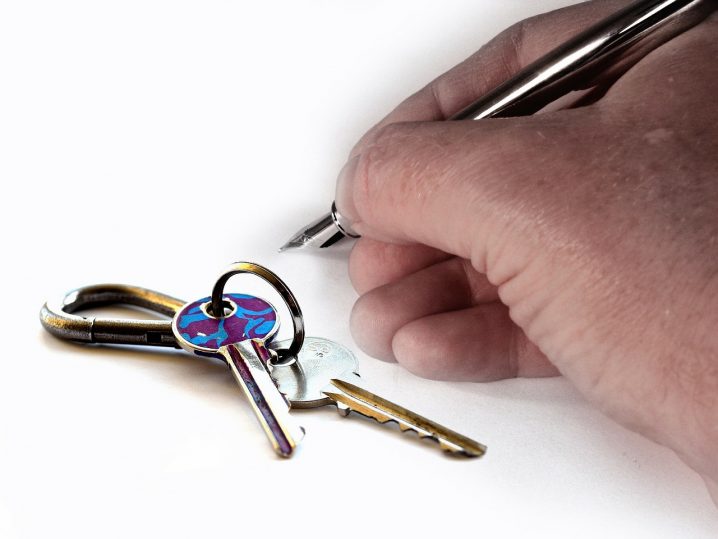Tenant turnover is a part of being a landlord, and inevitably, there will come a time when a tenant leaves a few things behind. While you may be tempted to reach out to them to give their items back, there are times where this simply is not possible. In other cases, you may not even be required to do so — based on the type of lease that you and the tenant signed. That’s because when a tenant leaves, per the lease, it is their responsibility to evacuate your property completely. This includes removing all of their belongings and restoring the property to its original state.
Even though these terms are often clearly positioned in a lease, there will undoubtedly come times were a few items still get lost in the shuffle. While it’s recommended to always do a tenant walkthrough before your tenant ends their lease, similar to performing a tenant background check at the beginning of your relationship with the tenant, there are some cases when such a task isn’t able to be performed. In those types of situations, here’s what you should do when your tenant has left some belongings behind.

Determine whether the belongings are fixtures or furniture
An aspect to consider when you’re evaluating what to do with tenants’ leftover belongings is whether they count as fixtures or furniture. A fixture is anything that a tenant may have installed or fixed to the wall that could not easily come off. Coat hooks and bookshelves are two common types of fixtures that are often left behind when a tenant moves. If any fixtures are left in your property when the tenant leaves, they legally become a part of the property itself, and are thus no longer owned by the previous tenant. Since the tenant has forfeited their ownership of such items, it’s up to your discretion as the landlord whether or not to keep those items in the unit or dispose of them.
Other types of personal property and furniture need to be dealt with by following a more structured process. In some situations, it may be necessary to get the government involved — should the furniture that was left behind be of a certain value. Storing the items while tracking down the owners and working on readying your unit for the next tenant is always a good idea, since you can always trash the property at a later date once you’ve gone through the proper channels.
Evaluate the reason for the tenant’s departure
Depending on why the tenant left, your options as a landlord will vary. For example, if the tenant was evicted, you will have far more guidelines regarding how long you wait to dispose of their items. You will need to exercise maximum effort in reaching out to your previous tenants, since in most eviction cases, the tenant does not have enough notice to properly remove all of their personal belongings. If you’ve made several attempts to get in contact with your previous tenant and have been unsuccessful, it may be time to involve a legal team who has a deep understanding of tenant and landlord law. They’ll be able to steer you in the right direction so that you avoid any potential legal repercussions.
While eviction cases are strict in regards to how you go about disposing of tenants’ belongings, if your tenant left of their own accord, you will have far more options as a landlord. For example, if the tenant chose to leave and left belongings in your property, you have the choice to throw items away, decide to store them in a storage unit, or even sell them yourself. The same is true in most states where you served the tenants notice that their lease was going to be terminated and followed all proper protocol and due process for their lease ending.
Although it can be a hassle to deal with tenants’ leftover property, it’s a good idea to remember that many times, the property they leave behind is done so accidentally. As a result, the best course of action is to follow your local laws for dealing with any property left in your unit as you work to prepare the apartment for a future tenant.



